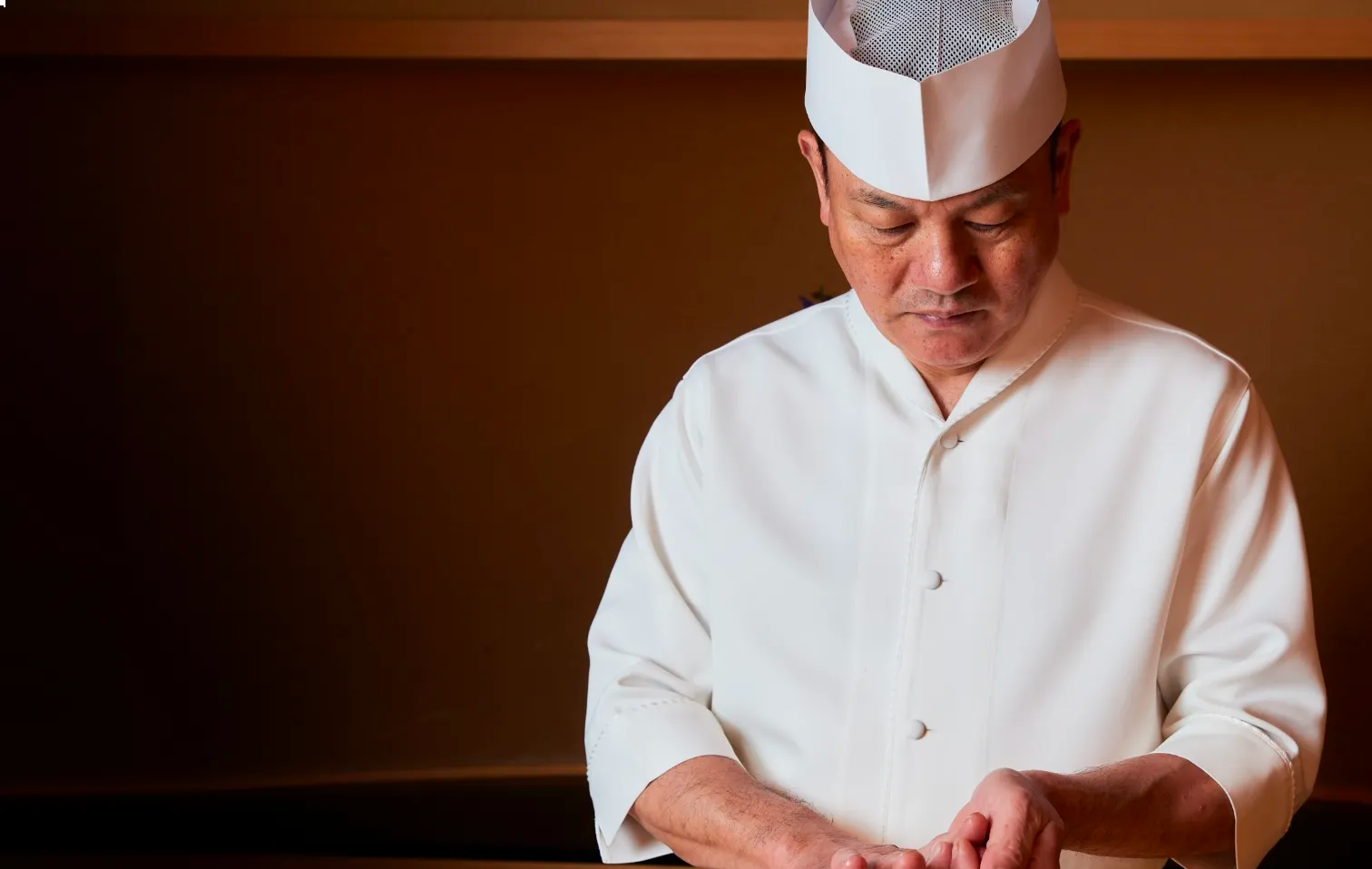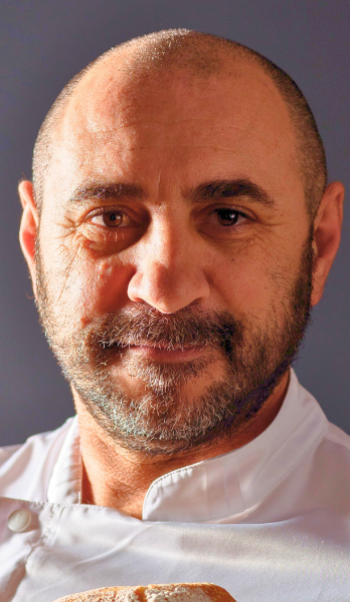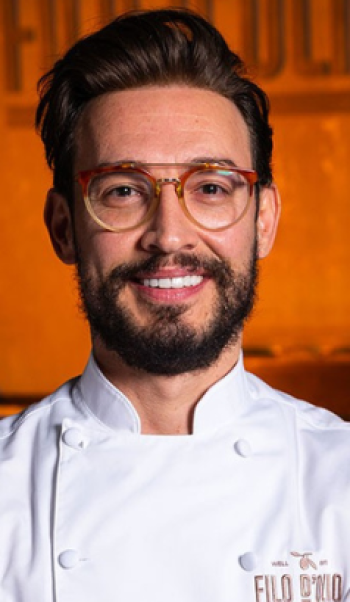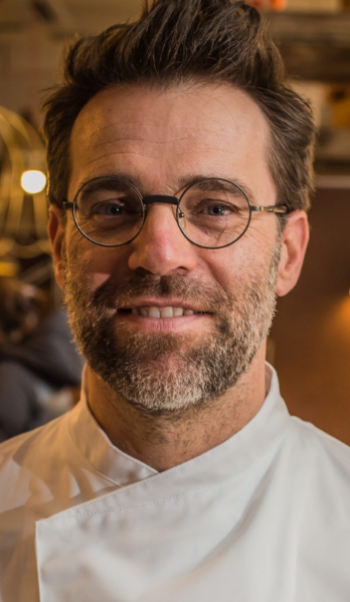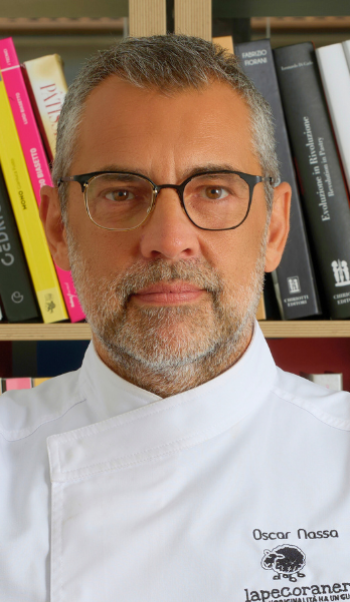Discover the extraordinary journey of Masahiro Yoshitake, a Japanese chef who has transformed the art of sushi with an intoxicating blend of traditional rigor and bold creativity. Learn how his roots, culinary philosophy, and innovative international research have redefined the world of Japanese gastronomy.
Biography
Masahiro Yoshitake is not just a name in the world of sushi; he is a living legend who weaves a sacred respect for tradition with an unstoppable drive for innovation. Born in a small coastal town in Japan, Yoshitake grew up in an environment where fresh fish, a symbol of an unbreakable bond with the sea, was the norm. This setting, rich in sensory stimuli, laid the foundations of his future culinary career.
From a young age, Yoshitake was fascinated by the skilled hands of sushi chefs, who turned simple ingredients into sublime creations. The decision to follow this path was almost a given; he trained at a prestigious culinary school in Tokyo, where he learned not only traditional techniques but also the importance of omotenashi, the Japanese hospitality that places the customer at the center of the gastronomic experience.
After years of rigorous apprenticeship and honing his skills in renowned sushi restaurants, Yoshitake opened his establishment, Sushi Yoshitake, in the beating heart of Tokyo in 2009. This quickly became a temple for sushi lovers, earning three Michelin stars for its impeccable fusion of taste, form, and freshness. Each dish served was a canvas, on which Yoshitake painted with tones of sea and nature, capturing the very essence of Japan in every bite. His philosophy is based on the idea that "every ingredient has a story to tell," and this narrative becomes part of the experience. He not only personally selects the best fish, often engaging with local fishermen to understand their potential but also seeks to educate his guests on the importance of seasonality and provenance.
The culinary critique has repeatedly praised Yoshitake, not just for his technical ability but also for the way he incorporates cultural context into his work, linking his creations to broader themes such as sustainability and changing fishing practices. Beyond the borders of Tokyo, he has taken his vision internationally, opening branches in Hong Kong and beyond, where his impact on global cuisine continues to expand.
